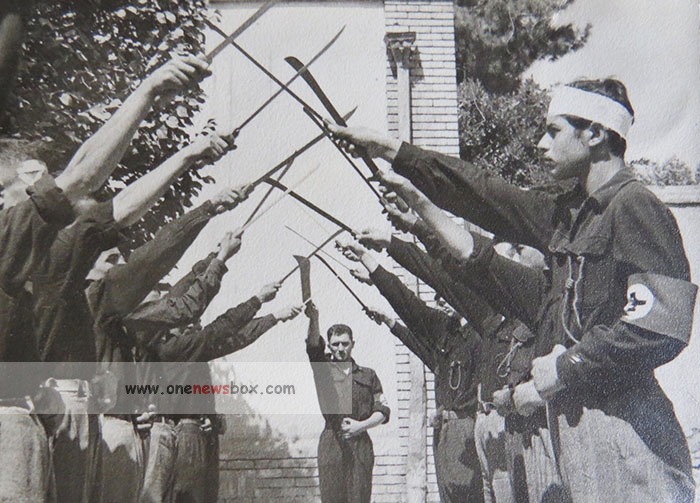The National Socialist Workers Party (SOMKA): A Fascist Chapter in Political History
The National Socialist Workers Party, better known by its Persian acronym SOMKA, represents one of the most controversial and ideologically extreme political movements in the modern history. Deeply inspired by the ideology and aesthetics of Adolf Hitler’s Nazi Party in Germany, SOMKA was a blend of radical nationalism, Aryan racial supremacy, anti-communism, and authoritarian ambition. Though short-lived and ultimately marginal in politics, its existence reveals how global fascist movements penetrated even distant corners of the world and resonated with segments of society frustrated with traditional elites, colonial interference, and communist expansion.
Origins and Foundation
The founder of SOMKA, Mohsen Mirza Jahansuz, was the son of a Qajar nobleman who was born in Kermanshah in 1914. After completing his secondary education, he studied law and eventually joined the army. Jahansuz’s education period coincided with the peak of Nazi propaganda in Iran.

